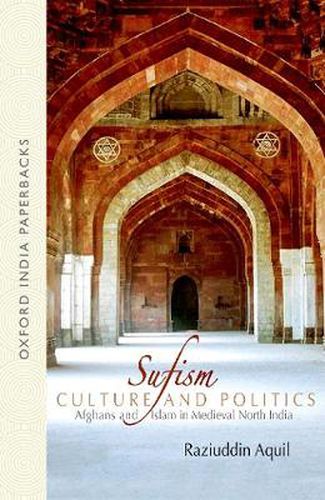Readings Newsletter
Become a Readings Member to make your shopping experience even easier.
Sign in or sign up for free!
You’re not far away from qualifying for FREE standard shipping within Australia
You’ve qualified for FREE standard shipping within Australia
The cart is loading…






This book provides a political history of north India under Afghan rulers in the late fifteenth and early sixteenth centuries. Focusing on interconnections between religion and politics, it also raises questions of paramount concern to an understanding of Islam in medieval north India. The first of the three sections explores the Afghan attempts at empire-building under the leadership of Sher Shah Sur and their interface with the Mughals. Discussing the incorporation of the Rajputs in the Afghan imperial project, the second part deals with the prevalent ideals and institutions of governance. The last segment investigates the social and political role of the Sufis. The volume also questions the over-emphasis on the Sultanate and Mughal periods in Indian history writing, while projecting a dynamic view of the Afghan period.
This book will be important for students and scholars of medieval Indian history as well as those interested in Islamic, religious, and cultural studies.
$9.00 standard shipping within Australia
FREE standard shipping within Australia for orders over $100.00
Express & International shipping calculated at checkout
This book provides a political history of north India under Afghan rulers in the late fifteenth and early sixteenth centuries. Focusing on interconnections between religion and politics, it also raises questions of paramount concern to an understanding of Islam in medieval north India. The first of the three sections explores the Afghan attempts at empire-building under the leadership of Sher Shah Sur and their interface with the Mughals. Discussing the incorporation of the Rajputs in the Afghan imperial project, the second part deals with the prevalent ideals and institutions of governance. The last segment investigates the social and political role of the Sufis. The volume also questions the over-emphasis on the Sultanate and Mughal periods in Indian history writing, while projecting a dynamic view of the Afghan period.
This book will be important for students and scholars of medieval Indian history as well as those interested in Islamic, religious, and cultural studies.